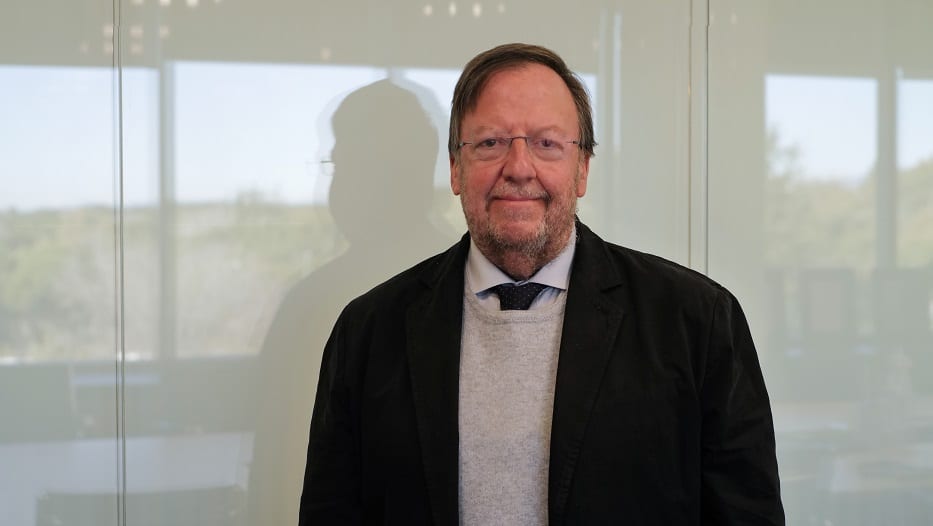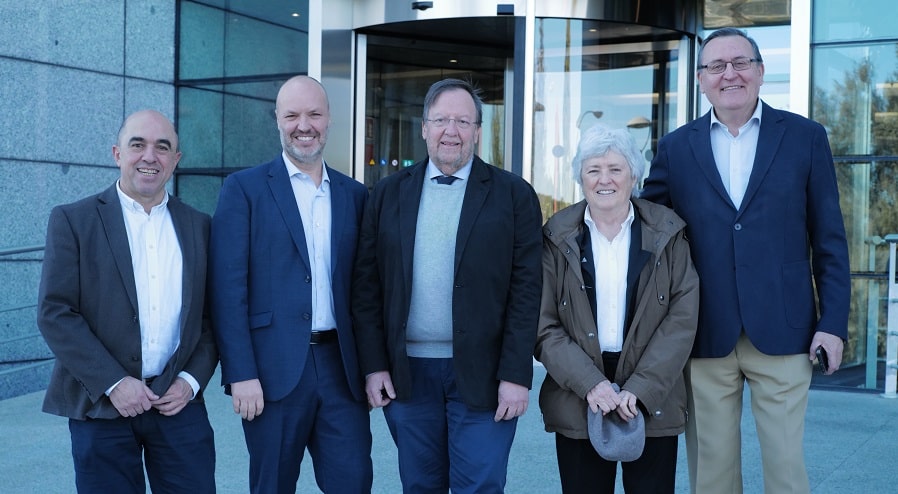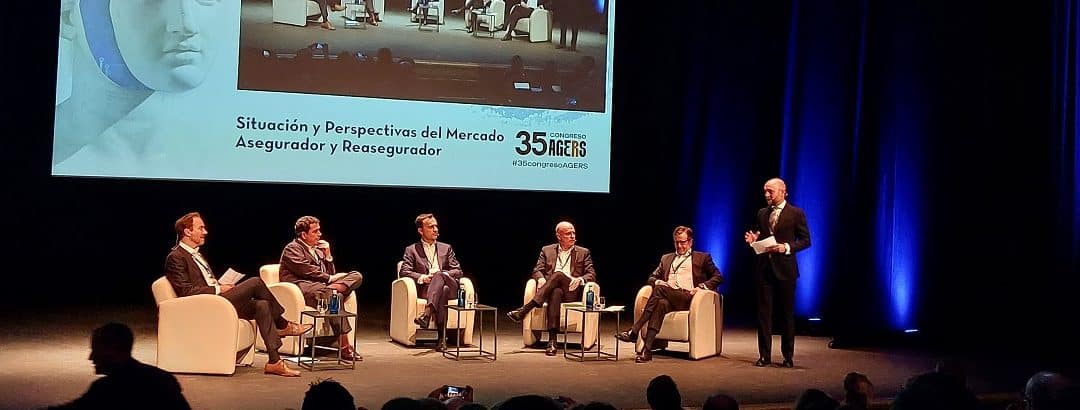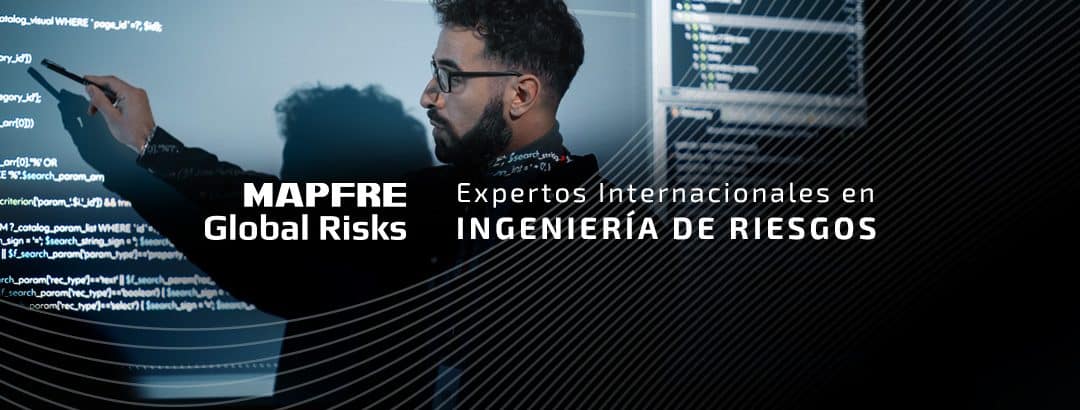Julia Maria Gomez de Avila Segade | 14/02/2023
Aurelio Rojo Garrido, honorary President of APICI.
What is the corporate purpose of APICI?
APICI (Asociación de Profesionales de Ingeniería de Protección Contra Incendios), as an Association of Fire Protection Engineering Professionals, has the purpose of representing those who carry out their professional activity in the engineering of said area, to promote criteria of good ethics, honesty, clarity and effectiveness, and to draw up proposals with transformative will and improvement in fire protection in Spain.
Its main mission is to create a common forum of information, training and debate, serving as a space for dialog between this association and the other related institutions and professional groups.
In the 12 years that you have been serving as the President of APICI, what can you tell us about the trajectory of the association?
It has been my satisfaction to have collaborated with APICI since its founding, 25 years ago, as a professional and, subsequently, as Senior Vice President of APICI during the period 2008-2010. So, the Association’s trajectory over the last twelve years has been continuing with the phenomenal activity carried out since its founding by industrial engineer Fernando Vigara, adapting it to the new challenges of the sector and of the professionals.
The development of high-technical training activities such as the six editions of the MIPCI (Master’s degree in Fire Protection Engineering), carried out in collaboration with the Comillas Pontifical University (ICAI), has been one of the most significant signs of identity in the period in which I have been President. Likewise, participating in reference forums such as: the organizing committee of SICUR; promoting the collaboration with other associations such as APTB, ASELF, CEPREVEN, TECNIFUEGO, AERME, etc.; and participating on the Technical Advisory Board of the magazine SEGURITECNIA as well as on the panel for the annual safety awards in Spain. Finally, I would like to highlight the continuity of the APICI International Congress, of which we are proud to be a benchmark in the industry.
“My relationship with MAPFRE Global Risks began 20 years ago when, we sought the collaboration of ITSEMAP for technical assistance”
How has fire protection evolved in this period?
In Spain, there has been continued development and/or revision of the reference regulations and their technical guidelines, such as the Technical Building Code, the Fire Safety Regulations in Industrial Establishments and those for Fire Protection Facilities. With a marked prescriptive nature, both set minimum standards to be met, but which already allow for the development of the Performance-Based Fire Protection Analysis and Design of Building – an approach that is essential in a large number of complex or unique projects in the field of historical heritage, underground transport, skyscrapers, special industrial facilities, etc.
Who are the members of APICI’s board of directors and what characterizes them?
They come from the most active areas, from sectors in which Fire Protection Engineering is an essential component:
-
- AFITI (Spanish Association for the Promotion of Research and Fire Safety Technology) Tests and Certifications
- Metro Rail Transportation of Madrid and Spanish Rail Network RENFE
- Groups of engineering consultants ARUP, PIXELING, ADVENTIS and JVVA
- ICAI-UPC University
- Companies specialized in their field IMPLASER and MARIOFF
- ITSEMAP/MAPFRE Gloval Risks insurance
- Firefighters City Hall of La Coruña
In all cases, they are characterized by enthusiasm, professionalism, friendship and being a benchmark in their professional sector.
What does APICI mean to you after you have been President for over a decade?
It is really difficult to express in words what APICI means to me, because it represents a multitude of feelings, emotions, challenges and very good memories that have not been without their difficulties at times, but which – thanks to the friendship, camaraderie and support of the colleagues of the various boards of directors, colleagues of the association and from the sector, and of the students of the MIPCI master’s degree course – it has represented for me a very rewarding period, both personally and professionally.
When doing a self-reflection, which contribution to APICI are you most proud of?
Looking back, two activities come to mind with equal force. On the one hand, there is the organization – in collaboration with the Fundación MAPFRE and the Latin American Metro and Subway Association (ALAMYS) – of the courses on Safety in Underground Railroad Transport taught at the headquarters of the Fundación MAPFRE in Cartagena de Indias (Colombia).
And on the other hand, having been Co-Director of the MIPCI during six educational courses developed at the facilities of the Comillas Pontifical University (ICAI) in Madrid, where more than a hundred students have been trained.
The relationship with MAPFRE GLOBAL RISKS and the Fundación MAPFRE is debatable. What synergies do the three organizations share?
My relationship with MAPFRE Global Risks began 20 years ago when, while working at the Directorate of Operations and Civil Protection of the Metro and Subways of Madrid, we sought the collaboration of ITSEMAP for technical assistance in different aspects related to Fire Protection, as well as risk studies in commercial premises. We also carried out tests on nebulized water systems in stations in the laboratories that MAPFRE had in San Agustín del Guadalix.
We subsequently signed the collaboration agreement between ALAMYS and the Fundación MAPFRE with the initial objective of organizing the Underground Railway Safety workshops at the MAPFRE Headquarters in Cartagena de Indias, with the subsequent incorporation of APICI as a collaborator.
After that, various agreements were signed between MAPFRE and APICI for collaboration in the organization of APICI international biennial congresses that have been fully developed at the MAPFRE venue of Paseo de la Castellana in Madrid or at the headquarters of its Foundation in Paseo de Recoletos. At these congresses, risk engineers from ITSEMAP and MAPFRE Global Risks have always had a prominent role as speakers. As a result of this collaboration, joint workshops have been held on the topics of greatest interest at all times, in quite a few cases with the collaboration of ICAI-UPC, as well as having a presence of professors from the six editions of the MIPCI.
It is worth noting the participation of APICI directors in the different editions of the MAPFRE Global Risks international workshops.
Finally, I would like to thank the directors in the accident prevention areas of the foundation, Antonio Guzmán and Jesús Monclús, for their support and full collaboration during the period that I have been President of APICI.






